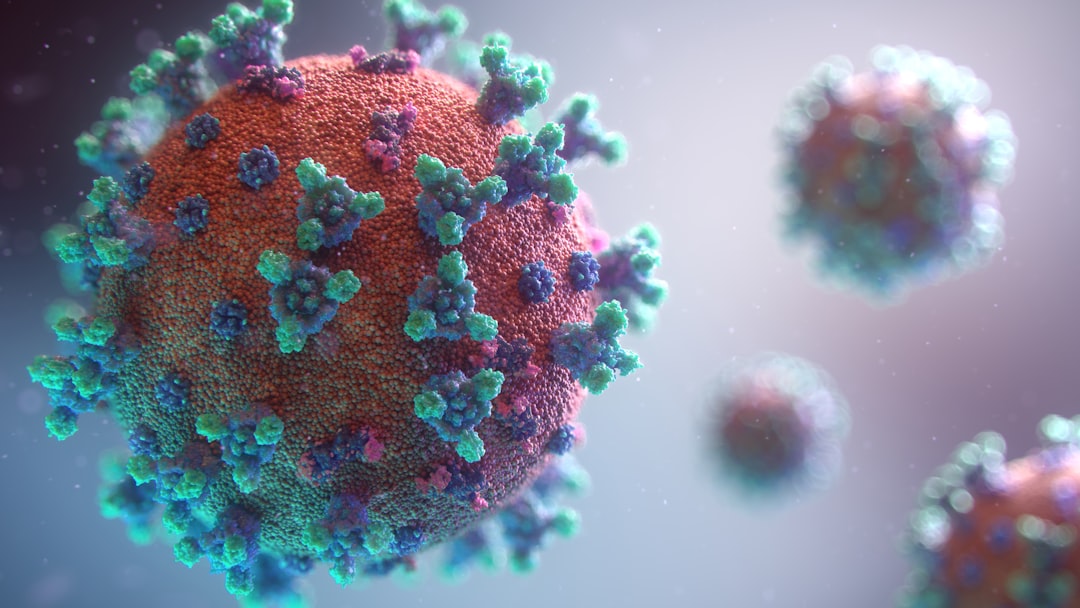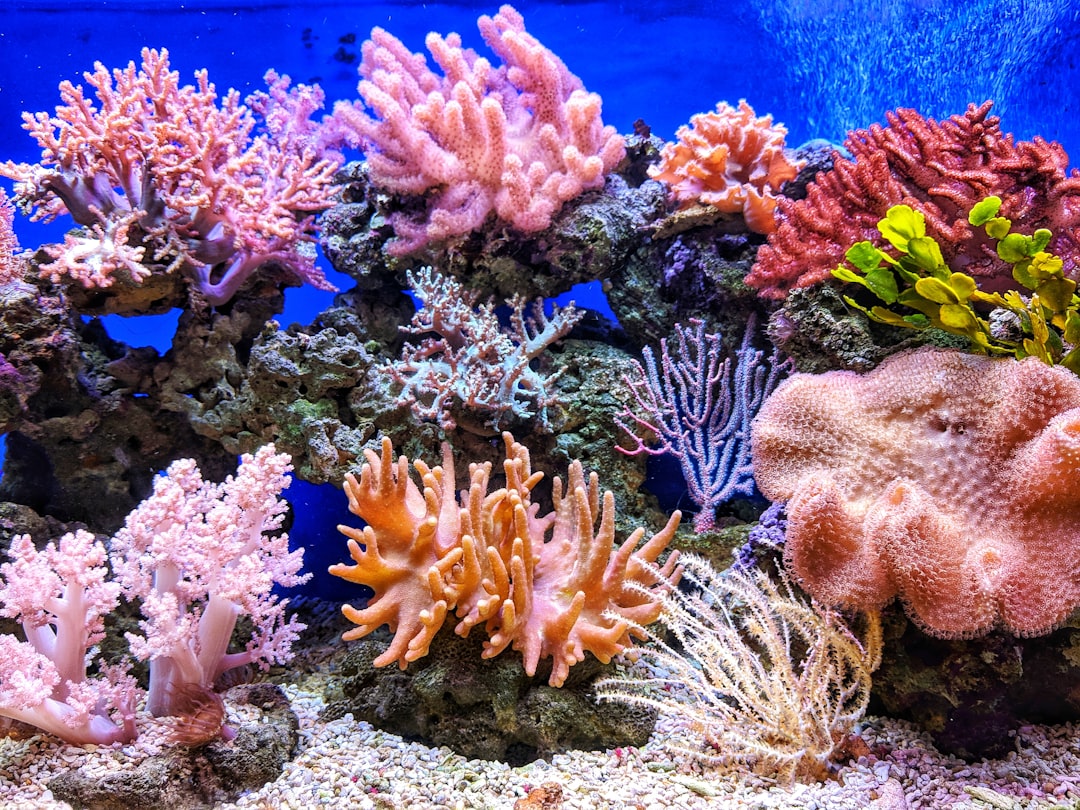What is it about?
Several recent studies document the existence of defensive compounds in pollen, which is used as a food source for many pollinators. Pollen chemistry likely plays a key role in plant-pollinator interactions, yet it has historically been overlooked in favour of floral traits that are more readily perceived by humans. In this article, we synthesize the evidence for the ecological and evolutionary importance of pollen chemical defences.
Featured Image

Photo by Charlotte Descamps on Unsplash
Why is it important?
Several recent studies document the existence of defensive compounds in pollen, but there has been no attempt yet to synthesize and explain these findings. Here, we point the way for future research into how plants protect their male reproductive investment from antagonists, and into how those antagonists overcome pollen defences.
Read the Original
This page is a summary of: Defence compounds in pollen: why do they occur and how do they affect the ecology and evolution of bees?, New Phytologist, September 2019, Wiley,
DOI: 10.1111/nph.16230.
You can read the full text:
Contributors
The following have contributed to this page










